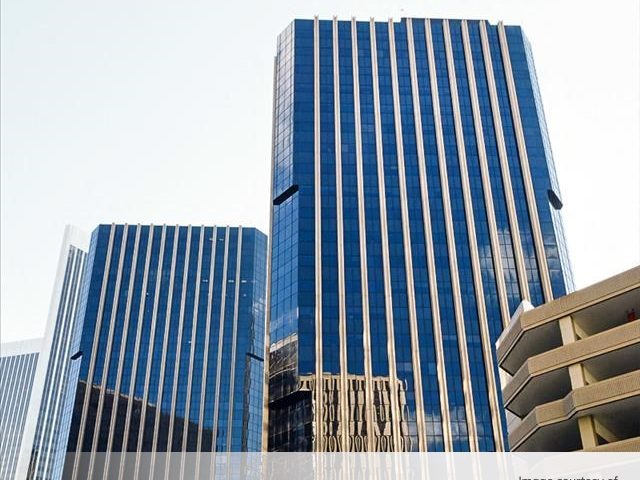After the Closing Bell-Tuesday, Sept. 30
Congress has paused for Rosh Hashanah, but the game isn’t over yet. President Bush went on TV early this morning to say, “No, really, you have to do something.” Investors either believe that before long Congress will do something, or they were out looking for bargains today, with the Dow Jones Industrial Average shooting back…
Congress has paused for Rosh Hashanah, but the game isn’t over yet. President Bush went on TV early this morning to say, “No, really, you have to do something.” Investors either believe that before long Congress will do something, or they were out looking for bargains today, with the Dow Jones Industrial Average shooting back upward, ending the day with a 485.21-point advance, a fair chunk of the 777 points it lost on Monday. Sovereign Bancorp Inc. was one of the bounce-back stocks, gaining about 70 percent, which nearly erased its loses from yesterday. Investors may have been heartened by the fact that Joseph Campanelli was shown the door as CEO and immediately replaced by Paul Perrault. After Sovereign’s loss of $1.3 billion in 2007, it’s a wonder that it took so long to reshuffle the top spot. Though the stock is now at $3.95 per share, that’s probably cold comfort to Spain’s Banco Santander SA, which spent $2.9 billion a few years ago to buy about a quarter of Sovereign at an average of $24.83 a share. For banks, a more important number than the Dow Jones is LIBOR, the London Interbank Offered Rate, and it rose overnight some 431 basis points to 6.88 percent, the highest rate on record, according to the British Bankers’ Association. Only last week, the rate was 2.95 percent. The rate is what banks charge each other for short-term funds borrowed on the London interbank market. As a reference point for short-term loans worldwide, this increase is bound to be passed along to other borrowers in one way or another, provided banks keep lending at all. Also, notes the AP, more than half of the adjustable-rate mortgages in the U.S. are tied to LIBOR. How much air is still left in the housing bubble? No one is sure, but the thing keeps deflating. The latest S&P/Case-Shiller home-price index, measuring prices in July of this year, dropped 16.3 percent from a year earlier. The year-on-year decline was 15.9 percent in June. There have been no increases in the index since January 2007. The FDIC has asked Congress for “temporary” authority to raise the limit on the amount it insures in individual bank accounts. The limit has been $100,000 per account since 1980. “I do believe it would be helpful for the FDIC to have the temporary ability to raise deposit insurance limits,” FDIC chairman Shelia Bair said in a statement issued by the agency. In other words, no more bank runs, please. Amid the din of financial problems in the United States, it’s a little hard to hear the thud of banks hitting the mat in Europe, but it’s happening with an alarming frequency. The latest bank to be propped up by one or more of the nations of Europe is Dexia, a Belgian-French bank. The governments of France, Belgium and Luxembourg have injected 6.4 euros ($9.2 billion) into the bank, whose stock cratered on Monday.






